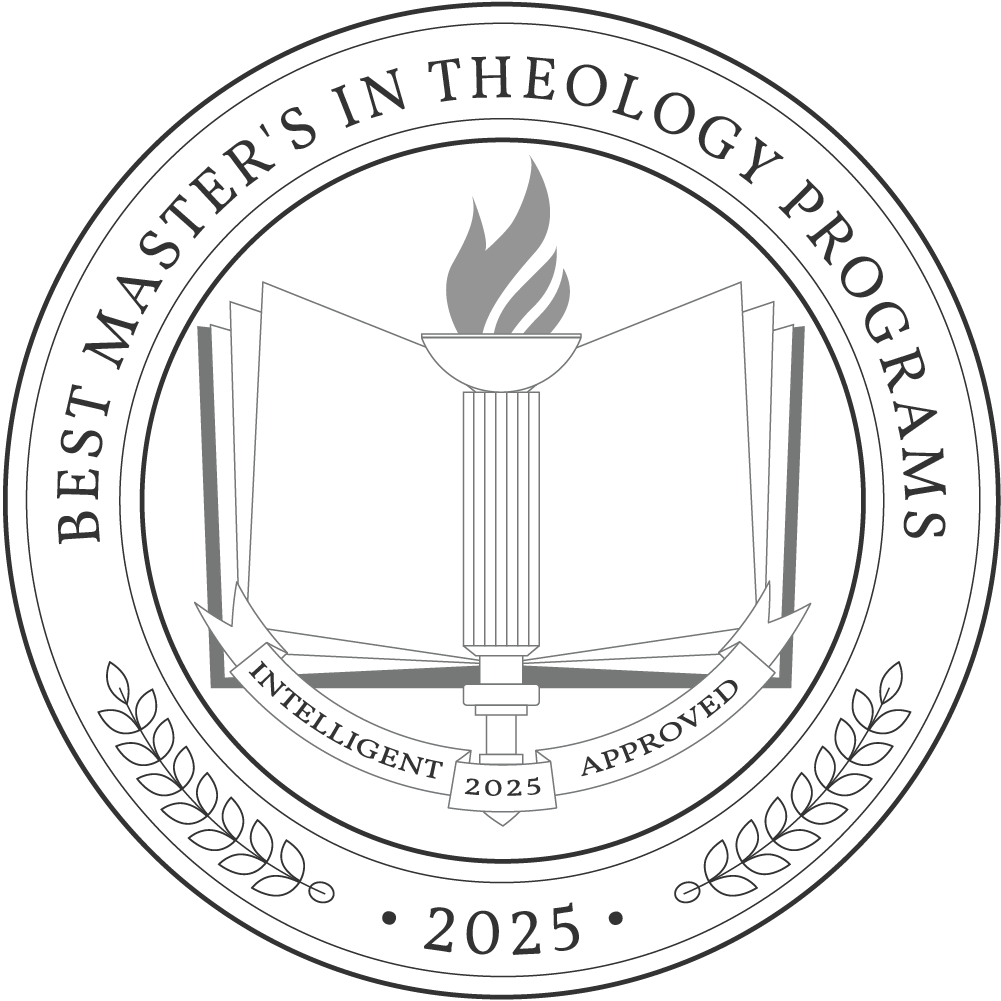For those aspiring to take on leadership roles in religious settings or congregations, a master’s in theology degree offers extensive knowledge and many opportunities. This degree provides students with critical thinking skills, ethical reasoning, and a comprehensive understanding of religious texts and traditions. With these skills, graduates are well-prepared for careers in the clergy, where the median salary is $58,920, and demand is expected to grow as over 48% of current clergy members approach retirement age.
Most theology master’s programs can be completed in two to three years with full-time study, with an average investment of $19,749 — making it both a time-efficient and financially feasible academic pursuit for future religious leaders.
Why Trust Us
The Intelligent.com Higher Education Team is dedicated to providing students with independent, equitable school and program rankings and well-researched resources. Our expert-driven articles cover topics related to online colleges and programs, paying for school, and career outlooks. We use data from the U.S. Department of Education’s College Scorecard, the National Center for Education Statistics, and other reputable educational and professional organizations. Our academic advisory team reviews content and verifies accuracy throughout the year for the most current information. Partnerships do not influence rankings or editorial decisions.
- Analyzed over 2,000 national, accredited, and nonprofit colleges and universities
- 800+ rankings pages are reviewed and updated yearly
- Content is informed by reputable sources, surveys, and interviews with academic advisors and other experts
- Over 100 data points are reviewed for accuracy and quality throughout the year, including sources
How we rank schools
Our list features the best Master’s in Theology degree programs at top colleges nationwide. Each school featured is a nonprofit, accredited institution — either public or private — with a high standard of academic quality for post-secondary institutions.
We evaluated each school’s program on tuition costs, admission, retention and graduation rates, faculty, reputation, and the student resources provided for online students. We collected data from trusted sources like the National Center for Education Statistics, individual school and program websites, school admissions counselors, and other data sources. Then, we calculated the Intelligent Score on a scale of 0 to 100 based on the following criterion:
Academic Quality:
- Admission rate versus enrollment rate
- Retention rate of students who return after year one
- Accreditation status (regional and programmatic)
- Nonprofit status, both private and public institutions
Graduation Rate
- Overall graduation rate
- Total number of currently enrolled students, including diversity metrics
- Student-to-faculty ratio
Cost and ROI
- In-state and out-of-state per-credit tuition rates and fees
- Required credits to graduate
- Earning potential after graduation
- Availability of federal student loans, scholarships, and other financial aid options
Student Resources
- Available student services for online-only and hybrid programs
- On-campus amenities like tutoring centers and the number of libraries
Read more about our ranking methodology.
Best 17 Accredited Master’s in Theology Programs
FiltersInstitution Type
Status
- Intelligent Score
- Alphabetically By University Name
- Acceptance Rate
- Enrollment
- In-state Graduate Tuition
- Out-of-state Graduate Tuition
- In-state Undergraduate Tuition
- Out-of-state Undergraduate Tuition
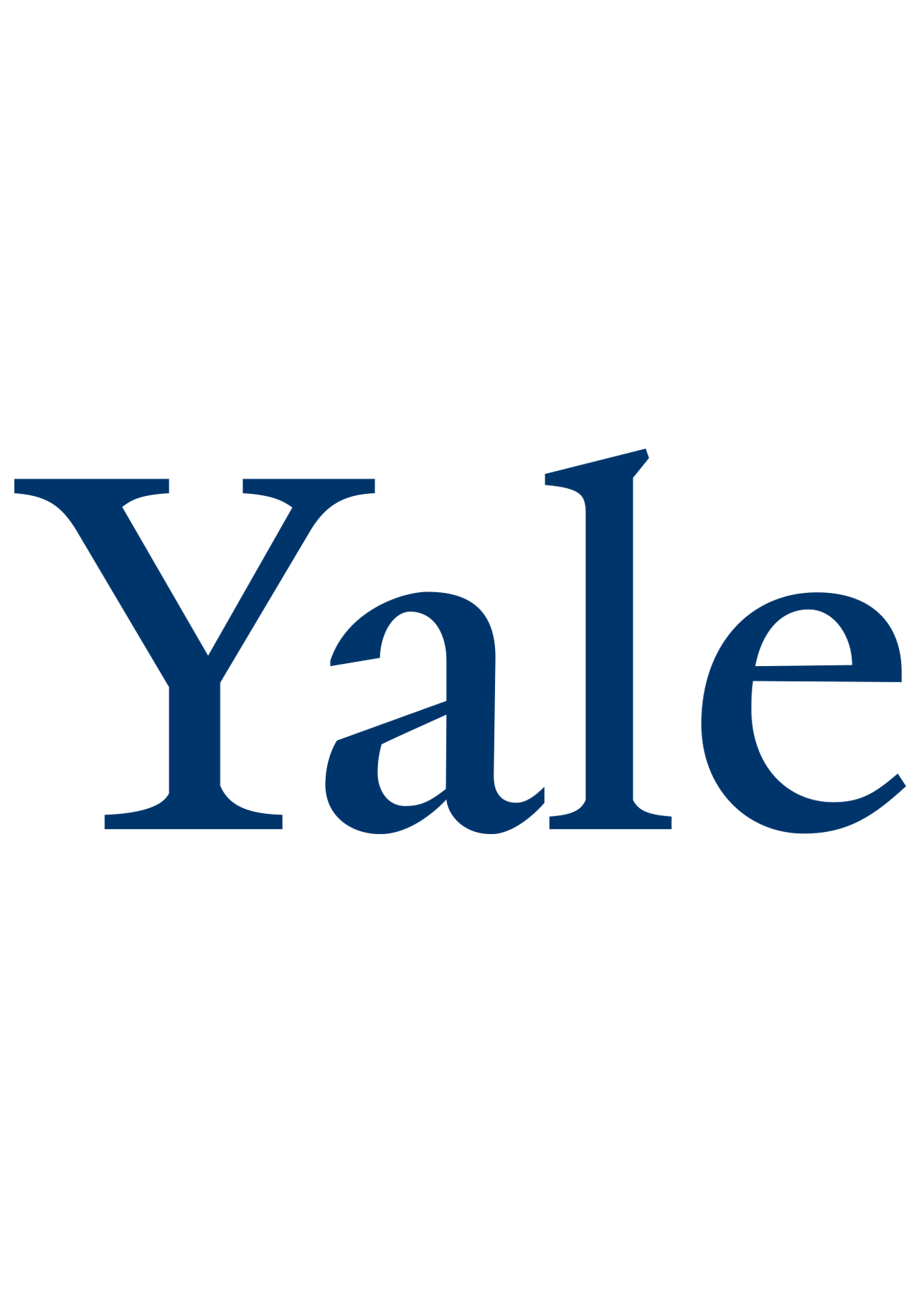
Yale University
Intelligent Score: 99.83In-state: $57,700
Out-of-state: $57,700
In-state: $44,500
Out-of-state: $44,500
SAT: 1460-1580
ACT: 33-35
$1,249
On-Campus
Association of Theological Schools
24
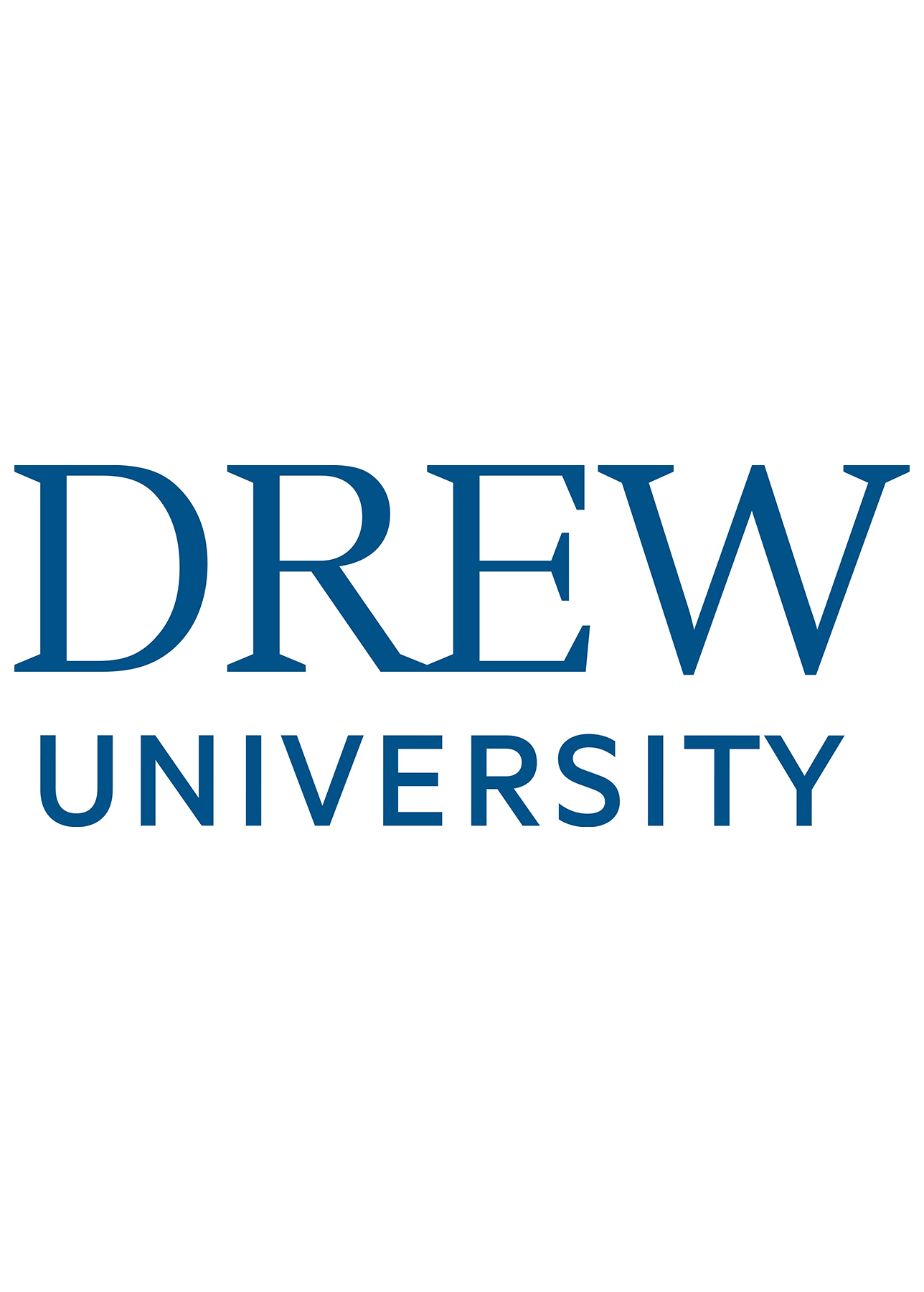
Drew University
Intelligent Score: 99.34In-state: $39,828
Out-of-state: $39,828
In-state: $18,871
Out-of-state: $18,871
SAT: N/A
ACT: N/A
$1,392
On-Campus, Hybrid
Middle States Commission on Higher Education
42

Baylor University
Intelligent Score: 98.46In-state: $44,544
Out-of-state: $44,544
In-state: $33,408
Out-of-state: $33,408
SAT: N/A
ACT: N/A
$690
On-Campus
Association of Theological Schools
48

Xavier University of Louisiana
Intelligent Score: 98.44In-state: $42,230
Out-of-state: $42,230
In-state: $12,060
Out-of-state: $12,060
SAT: 1060-1250
ACT: 22-28
$464
On-Campus
Higher Learning Commission
30
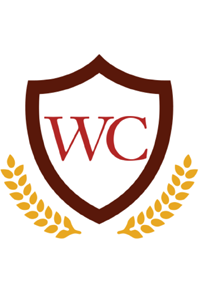
Williamson College
Intelligent Score: 98.34In-state: $37,274
Out-of-state: $37,274
In-state: NA
Out-of-state: NA
SAT: 890 or higher
ACT: 18 or higher
$290
On-Campus
New England Commission of Higher Education
33

Xavier University
Intelligent Score: 98.07In-state: $42,230
Out-of-state: $42,230
In-state: $12,060
Out-of-state: $12,060
SAT: 1060-1250
ACT: 22-28
$704
On-Campus, Online
Higher Learning Commission
30
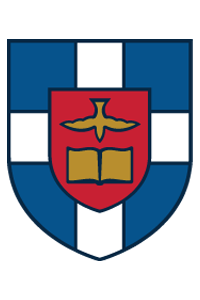
The Southern Baptist Theological Seminary
Intelligent Score: 95.12In-state: $22,650
Out-of-state: $22,650
In-state: $6,530
Out-of-state: $6,530
SAT: 1020-1210
ACT: 20-25
$298 - $430
On-Campus, Online
Association of Theological Schools
25

World Mission University
Intelligent Score: 94.23In-state: $22,265
Out-of-state: $22,265
In-state: $18,973
Out-of-state: $18,973
SAT: Not Applicable
ACT: Not Applicable
$300
On-Campus
Association for Biblical Higher Education
42
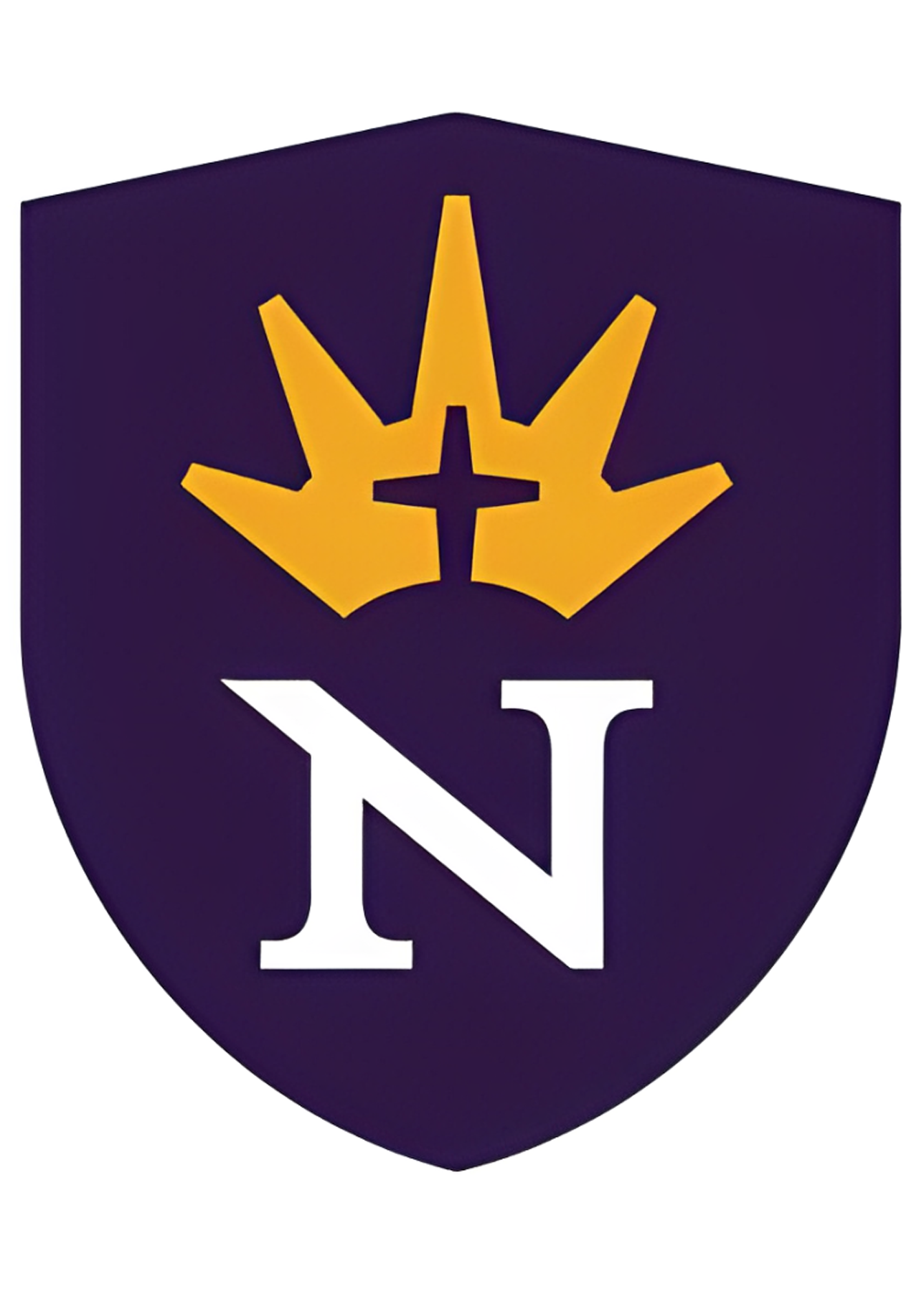
University of Northwestern, St. Paul
Intelligent Score: 93.58In-state: $32,490
Out-of-state: $32,490
In-state: $8,982
Out-of-state: $8,982
SAT: N/A
ACT: N/A
$570
On-Campus, Online
Higher Learning Commission
36
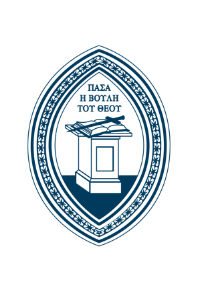
Westminster Seminary California
Intelligent Score: 92.56In-state: NA
Out-of-state: NA
In-state: $26,000
Out-of-state: $26,000
SAT: Not Applicable
ACT: Not Applicable
$570
On-Campus
Association of Theological Schools
72
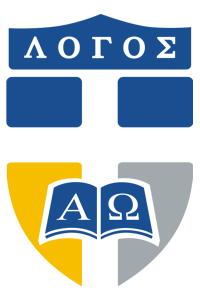
Criswell College
Intelligent Score: 89.15In-state: $25,974
Out-of-state: $25,974
In-state: $30,689
Out-of-state: $30,689
SAT: 833-1165
ACT: 18-23
$620
On-Campus
Southern Association of Colleges and Schools Commission on Colleges
36

Westminster Theological Seminary
Intelligent Score: 86.30In-state: NA
Out-of-state: NA
In-state: $24,260
Out-of-state: $24,260
SAT: Not Applicable
ACT: Not Applicable
$1,400
Hybrid
Association of Theological Schools
24
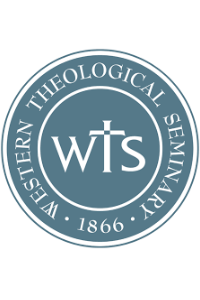
Western Theological Seminary
Intelligent Score: 86.01In-state: NA
Out-of-state: NA
In-state: $25,048
Out-of-state: $25,048
SAT: Not Applicable
ACT: Not Applicable
$580
On-Campus
Association of Theological Schools
25

Western Seminary
Intelligent Score: 85.72In-state: NA
Out-of-state: NA
In-state: $21,898
Out-of-state: $21,898
SAT: Not Applicable
ACT: Not Applicable
$661
Hybrid
Association of Theological Schools
25
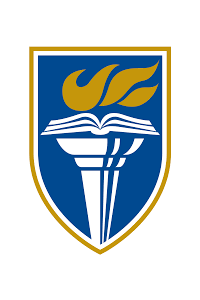
Welch College
Intelligent Score: 85.57In-state: $37,040
Out-of-state: $37,040
In-state: $35,060
Out-of-state: $35,060
SAT: 930-1230
ACT: 19- 28
$450
On-Campus
Association for Biblical Higher Education
33

Wesley Theological Seminary
Intelligent Score: 85.55In-state: NA
Out-of-state: NA
In-state: $34,408
Out-of-state: $34,408
SAT: Not Applicable
ACT: Not Applicable
$750
On-Campus
Association of Theological Schools
60

Asbury Theological Seminary
Intelligent Score: 85.44In-state: NA
Out-of-state: NA
In-state: $31,092
Out-of-state: $31,092
SAT: Not Required
ACT: Not Required
$736
On-Campus
Association of Theological Schools
30
How to Choose a Master’s in Theology Program
Choose your area of study
Theology is already a specialized field, but you can customize your education even more by selecting a specific area of study — often referred to as a specialization. This choice allows you to align your degree more closely with your career objectives.
For example, students wanting to work in academia or church leadership may opt to specialize in biblical studies. In contrast, those interested in non-profit or community leadership roles may prefer ethical studies, where they can explore moral questions and societal impacts. Lastly, some programs may offer a specialization in historical theology, which is ideal for those drawn to research and teaching, examining the development of doctrinal thought over time.
Research schools and programs
Once you’ve chosen a specialization for your master’s in theology, thorough research on potential schools and programs is your next step. Consider these questions to help guide your research:
- What is the reputation of the faculty in my chosen area?
- How flexible is the program in terms of course offerings and scheduling?
- What support services, like advising and library resources, are available?
- Are there opportunities for research, internships, or community engagement?
- What are the program’s outcomes regarding graduate employment or further study?
Information about these programs is often readily available on university websites, but you may also benefit from contacting admissions counselors directly or attending an information session or open house.
Prepare for tests and applications
When applying for these degree programs, start by requesting transcripts and letters of recommendation early, as these can take time to gather. Devote significant effort to writing your personal statement or statement of purpose, which is pivotal in illustrating your interests and qualifications for graduate-level study. If the program requires GRE scores, consider enrolling in a test prep program well in advance to improve your performance.
Starting these processes early ensures a well-rounded application and avoids last-minute pressures, establishing a foundation for a solid submission to your top programs.
Select your program
Once acceptance letters arrive, you may have a big decision to make. You can simplify this decision by revisiting your initial research criteria, focusing on factors most important to you, such as faculty you’re excited to learn from, curriculum relevance, and support services. Evaluate how each program aligns with these priorities.
Additionally, reassess the total cost of attendance and compare it with financial aid offers to ensure the program is financially feasible.
Determine how you’ll pay for your degree
Paying for your degree may require some planning to avoid accruing substantial debt. Start by prioritizing funding options that do not require repayment, like scholarships and grants, often awarded based on merit or need. Additionally, many theology programs offer teaching or research assistantships that provide a stipend and sometimes tuition waivers. If you’re currently employed and this degree is relevant to your job, reach out to your employer and ask if they offer tuition reimbursement as a part of their employee benefits package.
Lastly, federal loans should be considered to bridge any remaining financial gaps. These should be your last resort, as every dollar taken out on a loan will eventually have to be repaid with interest.
What Can You Expect From a Master’s in Theology Program?
A master’s in theology lends an immersive learning experience for students called to this vocation. Students explore religious beliefs, practices, and their impacts on society. Although curriculum content can vary, many encourage learners to examine different theological perspectives, building critical thinking, interpretation, and ethical reasoning skills. Lessons typically cover sacred texts, historical and contemporary religious movements, and the role of religion in shaping cultures and philosophies.
Some programs may require a thesis, while others may not. Others may provide you with a thesis and a non-thesis option — allowing you to choose between the two. The thesis track is ideal for those considering further academic or doctoral studies, culminating in a significant research project. The non-thesis track may include additional coursework or a practical project better suited for students seeking ministry, counseling, or education careers without a research focus.
Completion timelines vary but generally range from two to three years, depending on part-time or full-time enrollment and the specific requirements of each track.
Potential courses you’ll take in a master’s in theology program
- Systematic Theology: Considered a core component in many curriculums, this foundational course explores the systematic formulation of religious doctrines and beliefs. Students will engage with major theological themes such as the nature of God, Christology, and eschatology, learning to articulate and analyze several different doctrinal positions within a coherent theological framework.
- Biblical Hermeneutics: With a distinct emphasis on the principles and methods of biblical interpretation, this course allows students to analyze and interpret biblical texts critically. Students develop a nuanced approach to understanding and teaching scripture by examining historical contexts, literary genres, and contemporary applications.
- History of Christianity: This essential course provides a comprehensive overview of the historical development of Christianity from its beginnings to the present day. Students will study significant events, figures, and theological developments, gaining insight into the historical context that shaped modern Christian beliefs and practices.
- Religion and Society: Occasionally deemed an elective, this course investigates the influence of religion on social structures and cultural practices. Participants will examine case studies involving the role of religion in public policy, ethics, and community dynamics, fostering an understanding of how religious beliefs shape and are shaped by societal changes.
Master’s in Theology Degree Frequently Asked Questions
How do I apply to a master's in theology degree program?
When applying for these degree programs, you’ll notice that specific requirements can vary significantly between institutions — with some schools requiring official transcripts, a statement of purpose, and letters of recommendation, and others needing a specific minimum GPA or GRE scores. For this reason, it’s crucial to consult an admissions counselor at each institution to understand their particular prerequisites and customize your application accordingly.
How much does a master's in theology degree cost?
The cost of a master’s in theology degree varies, with the average graduation tuition being $19,749 for the 2020-2021 academic year. However, expenses can fluctuate based on the school, program duration, and whether you attend part-time or full-time.
Beyond tuition, you’ll also want to budget for books, supplies, and potentially commuting or housing costs — as these aren’t often included in a school’s tuition price and can significantly add up over time.
How long does it take to earn a master's in theology degree?
Full-time students take two to three years to obtain this degree, while part-time students might take four to five years, depending on their course load. Completion timelines can vary significantly based on the total number of required credits, which differs from one program to another. It’s crucial to review each school’s program details thoroughly to understand the credit requirements and to plan your studies accordingly.
